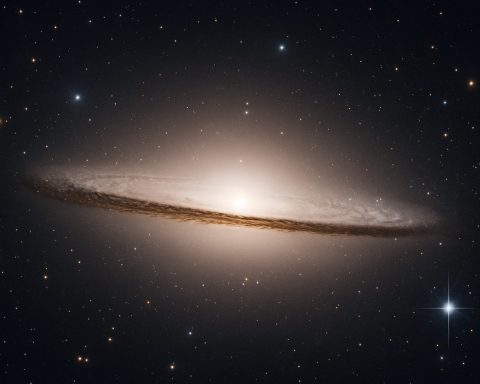
Revolucionarni nalazi ili skupi kockanje? NASA-ina sonda koja dodiruje Sunce pokreće raspravu
Nedavna misija NASA-inog Parker Solar Proba u vanjskim slojevima Sunca izazvala je više od samo znanstvenog uzbuđenja. Ova misija postavlja ključna pitanja o presjeku astronomske eksploracije i ekonomskih prioriteta. Proboj u svemirskoj znanosti: Parker Solar Probe postigao je ono što se nekada








